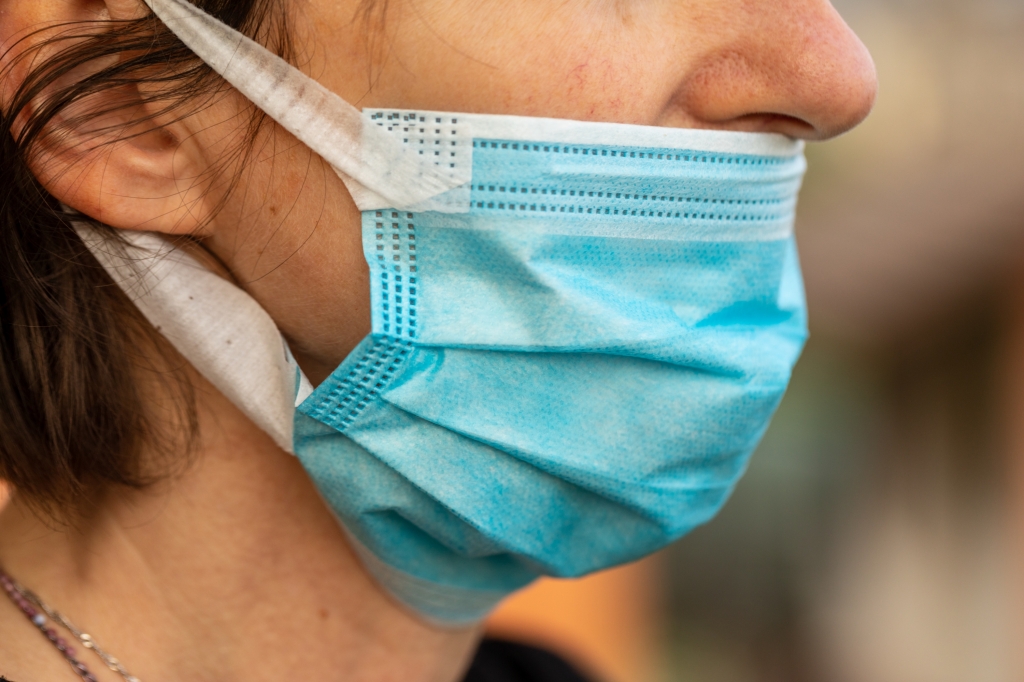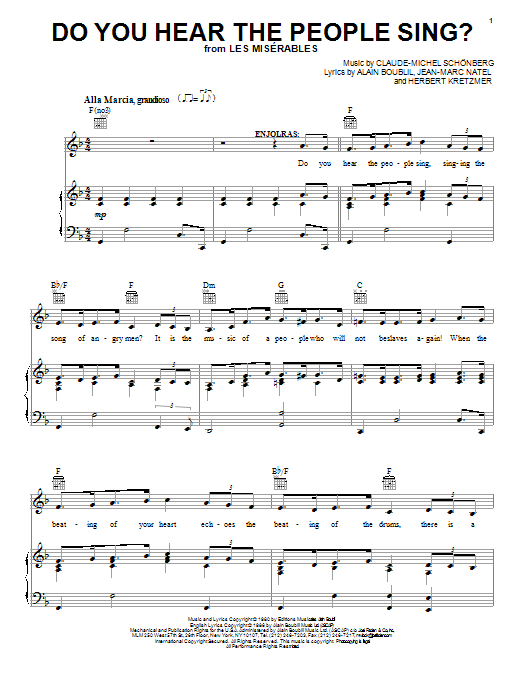The question of ‘to mask or not to mask’ remains one of the most divisive issues in the UK. In this blog I do not want to rehearse old arguments. I want to pose to a more specific question – from the point of view of the government and our bosses what role does making a fetish of mask wearing play?

Thinking about how the case for masks is made
Coronavirus is carried in airborne droplets. Mask advocates argue that masks can create a barrier which, depending on who you listen too, will protect someone else, the wearer or both. The UK government and medical authorities accept this to the extent of requiring/advising mask wearing as a major non-pharmaceutical intervention but they do so in a very peculiar way. They could make a scientific argument in the form of
(i) A specific type of (disposable/washed) mask worn in a specific way for less than y time in a specific place can reduce transmission by an estimated x%. (1)
Instead, the de facto argument is made in the form
(ii) Any mask (used any number of times) and worn in any way for any amount of time in any place reduces transmission by a significant amount
It is true that if you search hard enough you can find more detailed advice. But consider the position of the UK government. It requires us to wear masks but it does not mandate the type of mask we wear, the frequency of its use, the manner of its wearing. The only thing it mandates is where masks are worn. Nor, (in contrast to some other countries), having spent so many billions on testing, has it spent anything on the free distribution of specific masks even for the vulnerable in the community. You can choose a country and do a comparison.
| UK Policy | Second country Policy | |
| Type of mask | x | ? |
| Frequency of use | x | ? |
| Manner of wearing | x | ? |
| Places of wearing | Rules | ? |
| Provision | Self-Purchase | ? |
Nor has there been a major campaign to enforce mask wearing or a major public health campaign about best masking. Indeed, notice too that the UK government’s own research recognises cloth masking has a limited impact in community settings.
This suggests that the symbolic value of the mask is at least as important as any possible effect on transmission and the level of illness.
How Symbolism Works
Governments often say and do things for symbolic reasons. Why?
- It is now clear that coronavirus will be endemic but governments always find it hard to say we can do little to stop this. They must be seen to be doing something. Asking people to wear masks is the most visible symbol that something can be done and the government is doing it and asking us to join in. Mask advice creates the illusion of control.
- Mask symbolism does something more for the government – it puts the onus for success and failure on individuals. In this sense the ill-defined advisory use of any mask is the ‘ideal’ government solution.
- Mask wearing imposes few specific costs and demands on the state or business. Indeed, the free distribution of the most infective cheap masks can make businesses look good.
- Mask wearing can inspire a degree of confidence in mask wearers to go about their normal business – particularly going to work, school or the shops. It therefore helps to minimise any possible economic dislocation. This explains the one area where the government has been more precise – the place of wearing.
- However, the areas where we are mandated to wear a mask may not be those where the major transmission occurs. This is so between and within places. Why the school corridor and not the class room? Why not the pub, the club but the supermarket?
Scrabbling towards a Policy of Distraction
This is not about a malign conspiracy. Policies emerge through a process of scrabbling towards political solutions. Things done for one reason come to be valued for quite different reasons. It could be argued that all governments have adopted the mask as a symbol. But some have put more effort into it – for example by easing the supply of masks or even making them free.
The very limited effort the UK government has put into its mask commitment, its failure to explain that even if masks work there are inevitable trade-offs, reflects its wider preference for appearance over substance. But, insofar as we then fight one another over masks, it has an additional disruptive effect.
Being Distracted
What is more startling is the extent to which ‘knowledgeable people’ in the medical and public health professions and the media, as well as more general commentators have fallen into the trap of being distracted. This is all the more so when past experience suggests that choosing the wrong policies based on appearance to deal with a pandemic threat often makes things a lot worse.
This is why before covid there was so much emphasis on planning, impact assessments, evidence bases and making informed decisions. Instead, when the mask flag was raised, we were encouraged and we are still encouraged to charge towards it as a sign of social virtue.
Discussion of what might be more effective is then driven to the side-lines, the pressure is taken off the government to do things that might help more and the distraction is complete.
***
- The efficacy of a mask (especially a cheap one) reduces the longer it is worn.
